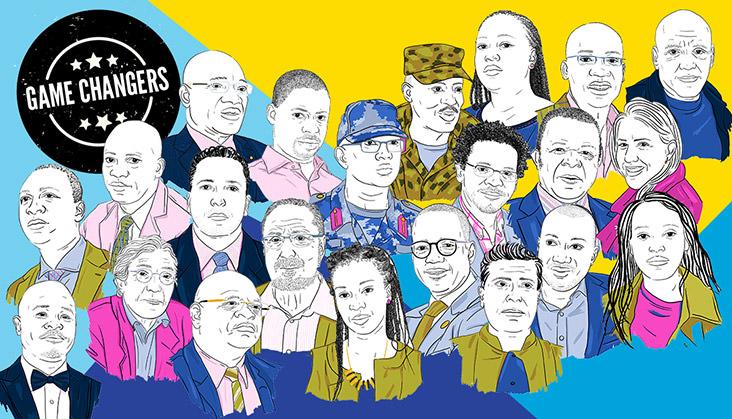Africa-Press – Lesotho. In the early 2010s the World Bank and the African Development Bank launched the slogan ‘The Africa that wins’. The concept has quickly shown its limits.
A narrow perspective, which implies that another part of Africa can be called ‘loser’, and groups together 54 countries and as many human, historical and social differences into a single value judgment.
This narrative was merely the media translation of the coin-flip dichotomy between Afro-optimism and Afro-pessimism, both inept and counterproductive. Neither paradise nor hell
Africa is neither a paradise nor a hell, and Africans have no use for these simple predictive analyses, which are to reality what the placebo effect is to medicine: self-fulfilling prophecies.
Creating a series called ‘The Africa that wins’ would have been all the more incongruous as the end of this year has not inspired euphoria, to say the least…
Regressive military coups in Guinea, Mali and Sudan. The violent death of a president and unconstitutional succession in Chad. The expansion of the jihadist-held area in the Sahel.
And above all, a devastating civil war in Ethiopia, the home of the African Union and a country that until recently was considered a model of accelerated development for the continent.
Add to this the IMF’s forecasts for 2022 – according to which growth in Africa will be more modest than in the rest of the world – and the uncertainties linked to the Covid-19 pandemic, the rare democratic successes of 2021 (Cabo Verde, Niger…) will go almost unnoticed. Pioneering inventiveness and political courage
Hence our choice to dedicate a series to a subject that best characterises this geographical mass that is Africa; namely the youth, the pioneering inventiveness and the political courage of those who live there while striving, each in their own sector, to improve the current situation.
Those who know that entrenching democracy, good governance and the spirit of civic mindedness is far more difficult, and more important, than merely establishing them.
In each of the portraits you are about to read, we have begun from an observation, most often a problematic one – corruption, justice, the environment, women’s rights, the military, digital sovereignty, unfair trade, the Maghreb’s divisions, to highlight one or more emblematic personalities that embody a single idea – that what has been badly done can and must always be improved.
After reading the series, one conclusion can be drawn: though Africa remains a continent with crises – crucially in electrification and demography – there is no crisis of dynamism in Africa.
For More News And Analysis About Lesotho Follow Africa-Press






